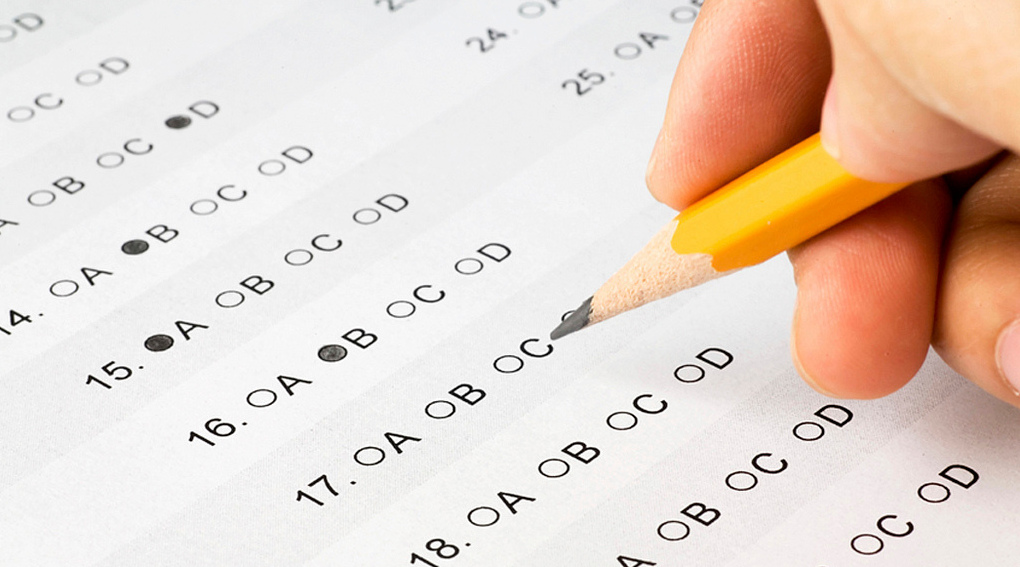
Paul Yip
Paul Yip says the problems with the Territory-wide System Assessment are just one small part of a bigger problem: the local education system’s misguided mentality that learning is best through rigorous testing and packed curriculums
There is a strong desire to scrap the Territory-wide System Assessment (TSA) for Primary Three children (aged 9), with critics of the exam claiming that the extensive drills and practice are counterproductive in nurturing young minds. The government seems to accept the recommendation from a working group that 90 per cent of primary school pupils could be exempted from taking it this year.
In fact, the TSA problem is just one symptom; it is not the core issue. The major challenge in Hong Kong’s education system is the exam-orientated culture, which has largely gone unrecognised in the recent debate. I am not saying exams are a bad thing, but it is inappropriate and ineffective to spend all our time and effort focusing only on examinations. If we do, the learning process will be distorted, restricted and far from pleasant.
Hong Kong’s education system has been undergoing major reform, with the idea of making the learning process more enjoyable. The setting up of the TSA to replace previous tests of children’s ability is a classic example of how a project’s implementation and impact can be distorted once it is part of the system. Indeed, there is still much debate about how the education system should be run.
Our exam-orientated culture allows the system to identify the 18 per cent of students who can go on to publicly funded tertiary institutions. Meanwhile, the other 82 per cent are studying a curriculum which benefit them very little.
Students have no choice but to concentrate on exams to meet university entrance requirements. There are local alternatives, such as vocational training courses, but these do not appeal greatly to students, or to their parents. It is in fact parents’ prejudice, plus the limited choice of jobs for young people, that has helped create this reality. That’s why every stakeholder currently emphasises success in exams, and it also explains why after-school tuition classes are such big business in this town.
I ended up sending my son to Australia to continue his high school education at the age of 14, due to the very demanding local curriculum. He tried, and struggled, for a while and it didn’t take him long to lose interest in studying, instead preferring to play soccer and be with his school friends, which is of course normal for someone his age.
In Australia, his school has more open space and the curriculum was much friendlier. He learned much more holistically; developing his interest and self-esteem, and regaining his confidence in studying. Now, he has been offered a place at the University of Melbourne, one of country’s top institutions. When he was in primary school, his teacher suggested he should repeat a year to catch up. My son tells me now that it would have been bad for his psychological well-being to have had to do the year again.
It seems that it’s not a lack of intelligence that defeats our children, but the exam-oriented culture and demanding curriculum. Sometimes, a child’s potential cannot be realised in the present system. In Australia, almost every child finds a suitable college or university course that they are interested in. They also find a job after graduation that pays them a decent wage.
Empowering problem-solving skills and promoting self-esteem have been shown to be instrumental in enhancing well-being. However, local schools have difficulty in finding time and space for these activities. Teachers teach more but students learn less. A packed and demanding curriculum only makes things worse. Thus, the learning process can be quite discouraging, especially for those who are not academically gifted.
The Quality Education Fund has provided support for promoting the well-being of our children. It is timely, given the increasing trend in youth suicide among students. In the past six months, more than 20 young people have killed themselves, including seven university students. Have we missed something in our school curriculums? Have we got the priorities right? Can we do better?
Providing education for overseas students has been an important source of income for Australia; many Hong Kong children now head abroad to continue their education. It can cost a fortune, but the children are being given alternatives. However, there are many who cannot afford it. It is sad that even with so much government money being spent in Hong Kong, we still have not managed to change our exam-orientated culture.
Many direct subsidy schools have been set up in the past decade, only deepening the disparity between the haves and have-nots. The not-so-well-off children are being deprived of opportunities. Surely, some bright students who manage in the existing system would do even better in a more favourable learning environment.
Of course, not all performance assessment and benchmarking in schools is wrong. It is how schools and parents respond to these measures that counts. The current issue with the TSA is just a symptom of a larger problem. This requires an overhaul of the system, to provide more opportunities and alternatives for our children. At the same time, the pay for non-graduate jobs needs to be reasonable so that everyone’s potential can be realised and their talent nurtured, for their own well-being. Promoting an interesting curriculum and inspiring learning environment can only be good for our next generation.
Paul Yip is a professor of social work and social administration at the University of Hong Kong.
This article was published on SCMP on Monday, 01 February, 2016. Please click here to find out more.
